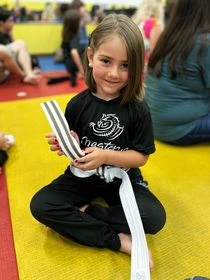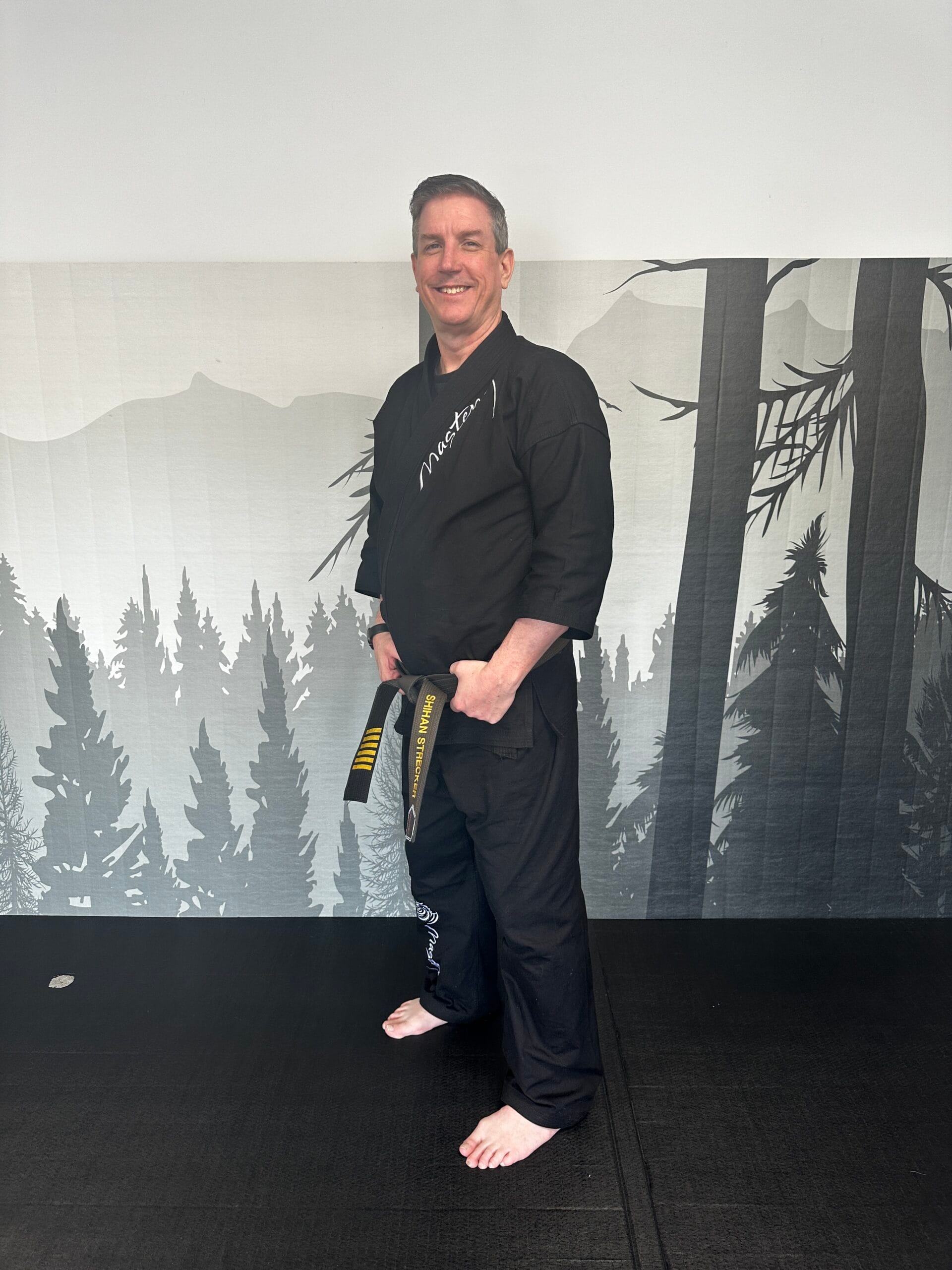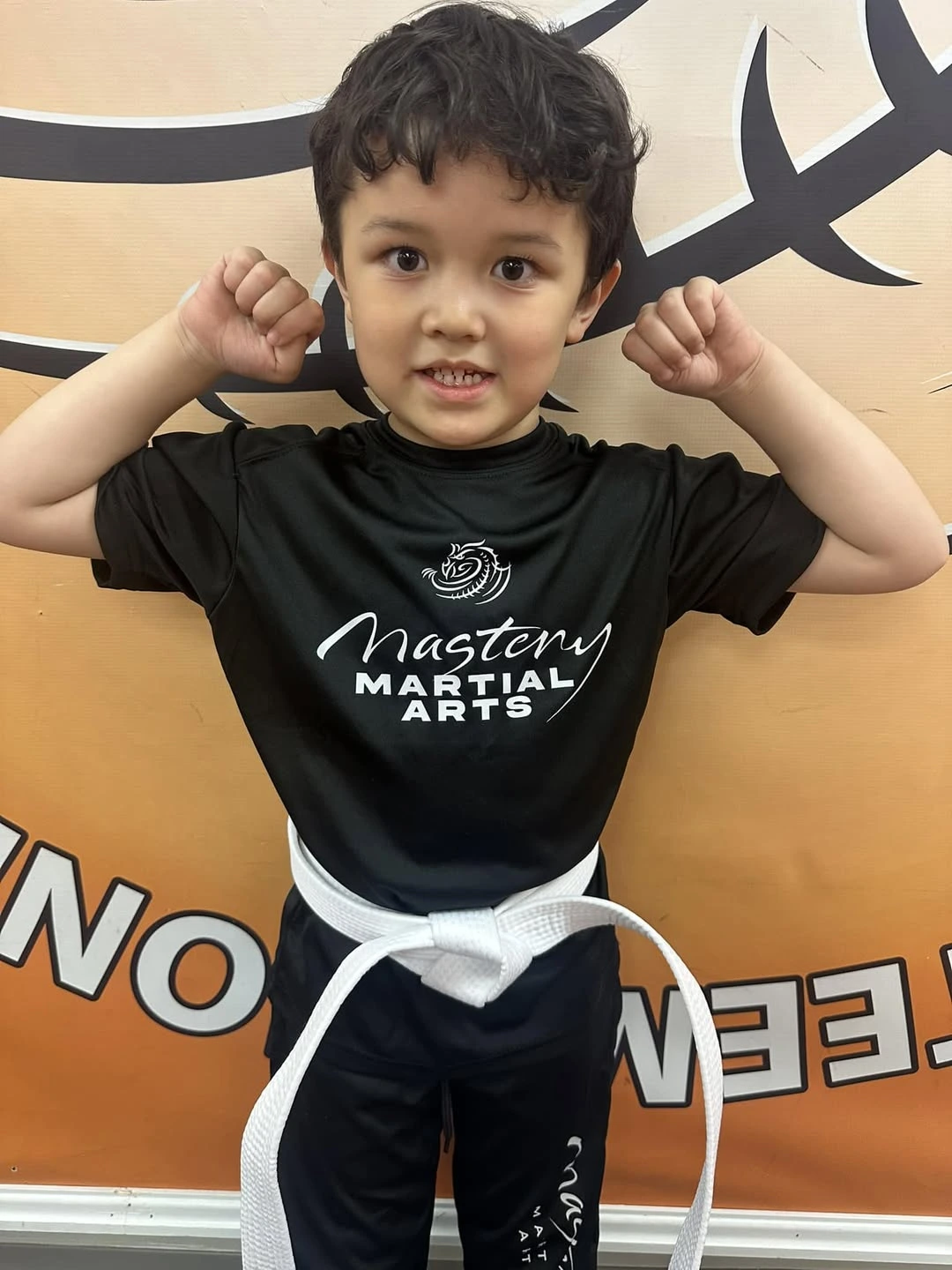When it comes to your child’s personal growth, many parents wonder about the appropriate age for martial arts. Good news, this decision is easier than it looks. Starting too soon can lead to frustration, but waiting longer might miss a prime window for building mental focus and self-confidence. Below, we will look at key factors that shape when your child may be best ready for classes, plus how to find a program that respects each stage of development.
Recognize The Basics
Martial arts emphasizes individual progress, so kids can learn and grow at their own speed (rather than feeling pressured by a team dynamic). In many programs, belt colors or achievement levels mark your child’s progress, which can boost motivation and self-esteem. Meanwhile, common strategies like breaking big routines into manageable chunks help children focus on one step at a time. Instructors also highlight self-control—kids are prompted to use a “ready stance” or a quick moment of stillness whenever they need to refocus.
- Worldwide, nearly 200 styles of martial arts exist, including popular ones like karate, jiu jitsu, and Muay Thai.
- Children often begin at ages 3–4 with short, playful lessons.
- Self-control, concentration, and motor skills see visible improvement through regular practice.
Explore Development Stages
Not every child develops on an identical timeline, but here is a general look at when youngsters often begin.
Ages 3–4
At this age, lessons typically focus on fun, motor skill development, and listening skills. Short bursts of instruction are paired with light games to keep them engaged. In many schools, kids practice simple stances and posture drills rather than intense sparring. These basics become the foundation for a lifetime of learning.
Ages 5–6
By now, children can typically follow directions more consistently. Many programs introduce basic techniques, along with early lessons in discipline and respect. They also practice short forms or sequences to build confidence. If your child shows an interest in imitating moves or tackling mini-challenges, they might be ready for structured classes.
Ages 7–12
This age group usually handles more complex movements and advanced drills. Classes become more structured, with clearer goals and progression steps. Children at this stage are often motivated by belt promotions and can take on bigger challenges. If they enjoy the routine, consider exploring advanced disciplines later, including martial arts for teenagers as they grow.
See The Major Benefits
When kids start at an age-appropriate pace, martial arts can bring physical and mental payoffs.
-
Coordination And Motor Skills
Younger children often improve balance, reflexes, and a sense of body control. If your child struggles with these skills, a well-structured martial arts class can help. -
Discipline And Focus
In a typical session, kids must follow instructions carefully. Over time, this boosts concentration for both schoolwork and home life. -
Emotional Resilience
Breaking down complicated moves into steps helps kids learn patience. Seeing their own improvement builds confidence, and they also learn to manage frustration in healthy ways. -
Social Connections
Classes often include group drills that create new friendships. Supportive classmates can help each other master new stepping patterns or memorized sequences.
Choose The Right Program
Finding a school that respects your child’s needs is crucial. Even the best style might feel overwhelming if the program fails to adjust for your child’s learning speed or comfort level:
-
Observe A Class
Watch an instructor in action. Do they encourage students positively? Do children look engaged but not stressed? -
Ask About Safety
A quality school will prioritize safety gear, proper warm-ups, and risk-free sparring. This is especially important for shy beginners or children who worry about injury. -
Seek Age-Appropriate Curriculum
Not all programs split kids by developmental stage. Mastery Martial Arts in Troy, for instance, is well-known for tailoring classes to each age range. They focus on discipline without pushing students too hard too soon. -
Get A Trial Class
Many schools offer a free or discounted test period. If you are near Troy, you can visit www.KidsMartialArtsTroy.com for a free 2 week trial and experience the environment firsthand.
Giving your child a low-pressure start—one in which they can enjoy learning step by step—can make a big difference in how they view exercise and self-confidence. You might start them at age 3 with fun, quick activities, or wait until 6 when they have a stronger attention span. Either way, the age should feel right for your child’s unique growth path.
Remember, progress is gradual, and every child moves at their own tempo. If you keep the focus on enjoyment and keep the environment supportive, martial arts can become a healthy part of your child’s life for years to come.





0 Comments